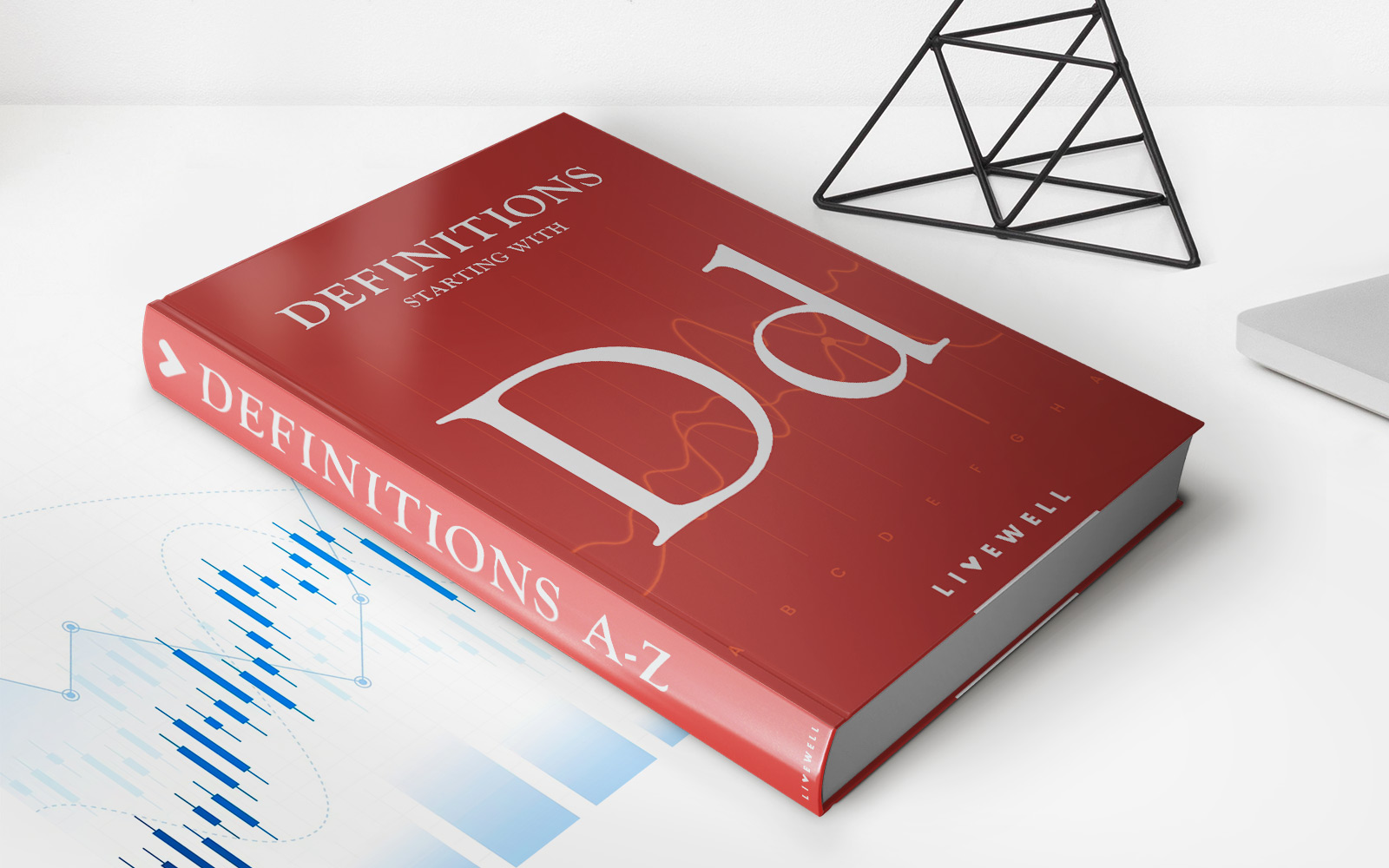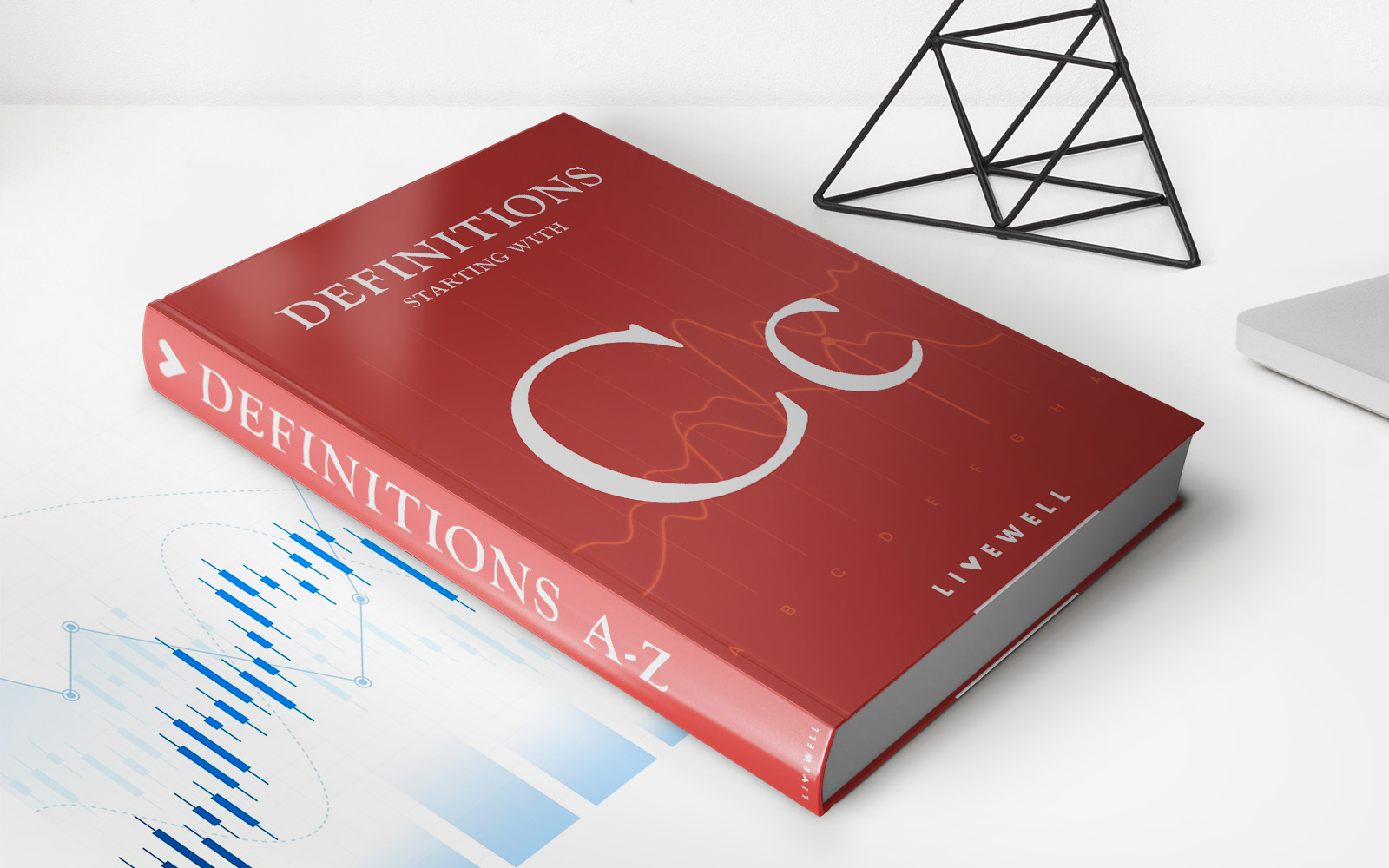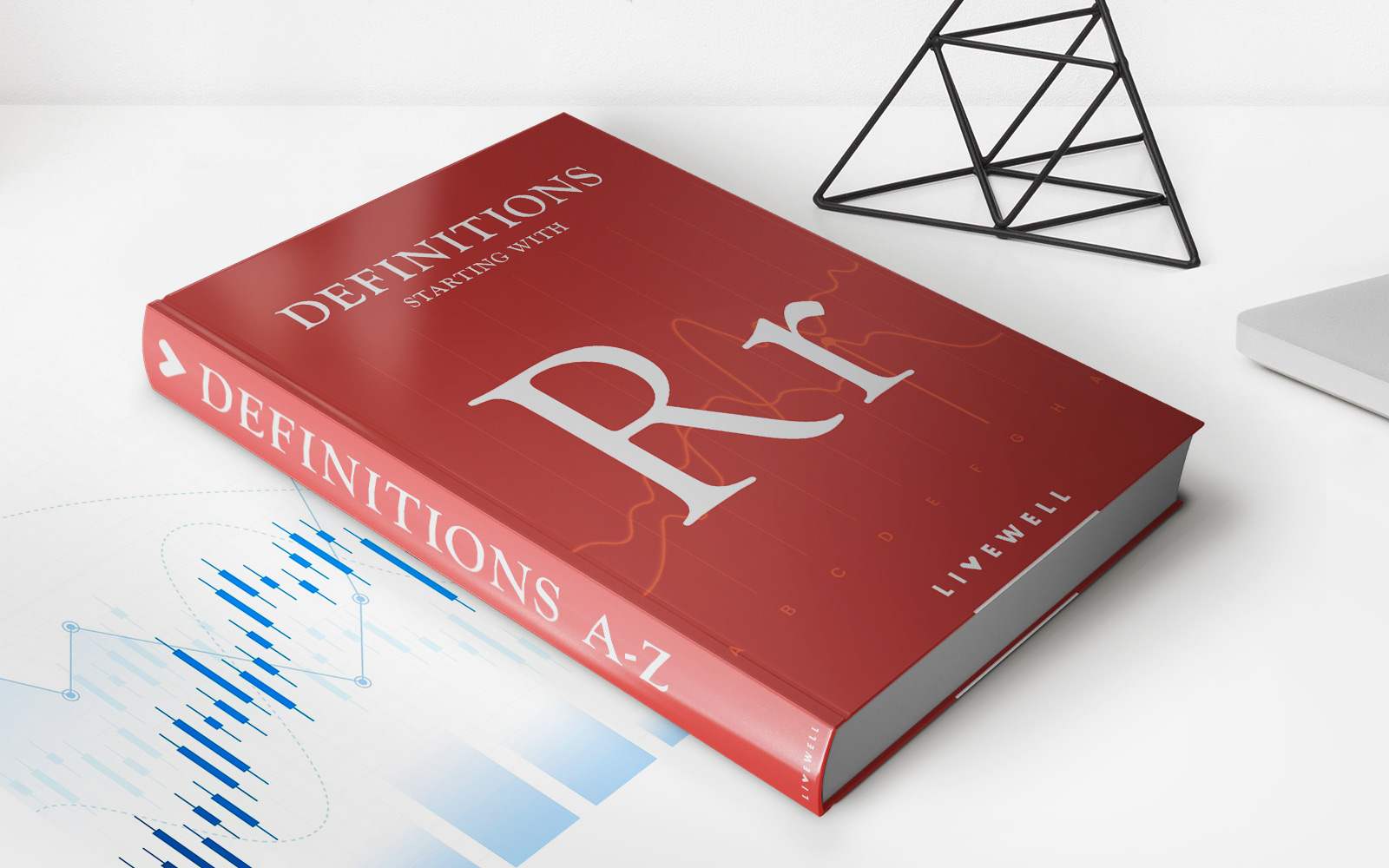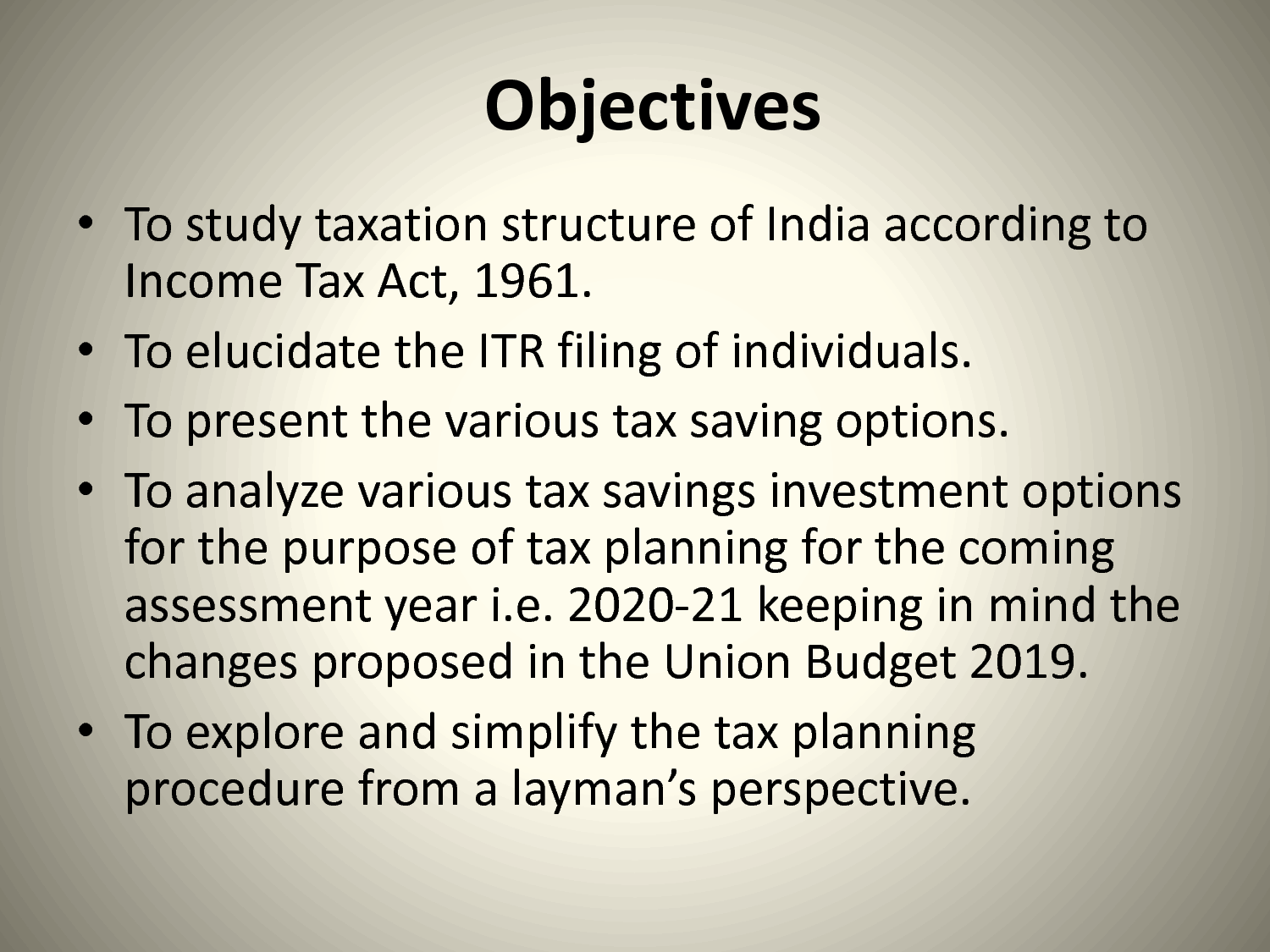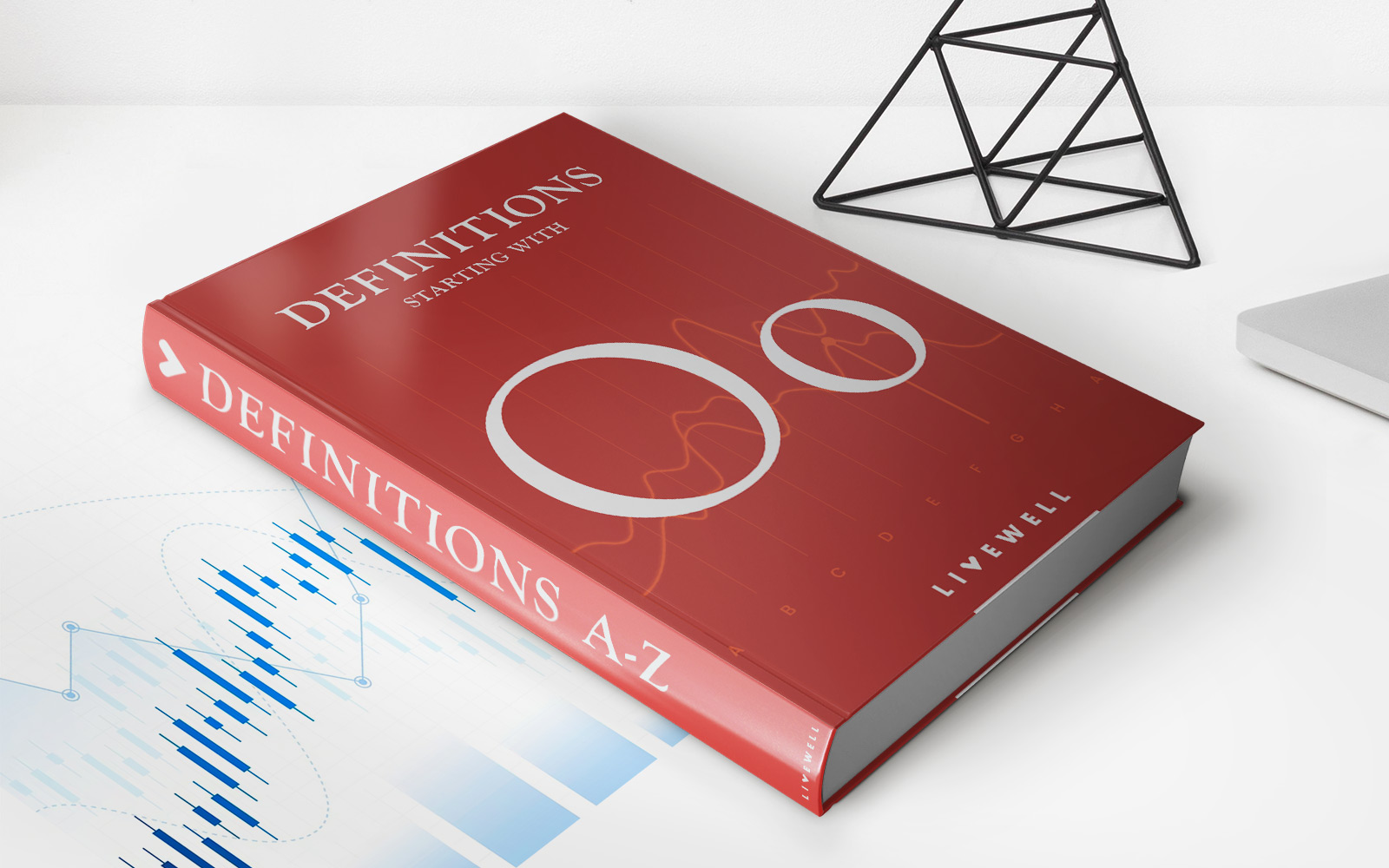

Finance
Windfall Tax: Definition, Purposes, Examples
Published: February 18, 2024
Learn the definition, purposes, and examples of windfall tax in finance. Discover how this tax impacts businesses and economies globally.
(Many of the links in this article redirect to a specific reviewed product. Your purchase of these products through affiliate links helps to generate commission for LiveWell, at no extra cost. Learn more)
Windfall Tax: Definition, Purposes, Examples
Have you ever wondered what a windfall tax is and how it affects the world of finance? In this blog post, we’ll be delving into the intricacies of windfall tax, discussing its definition, purposes, and providing you with some examples. By the end of this article, you’ll have a better understanding of this often misunderstood financial concept.
Key Takeaways:
- A windfall tax is imposed on unexpected profits or gains made by individuals or businesses due to factors beyond their control.
- The primary purpose of a windfall tax is to redistribute excessive profits and ensure fair economic conditions for all.
What is a Windfall Tax?
A windfall tax is a special tax imposed on individuals or businesses who experience unexpected and substantial gains or profits due to factors beyond their control. This tax is typically imposed by governments in order to redistribute the excessive profits and ensure fair economic conditions for all. While it may seem counterintuitive to tax windfall gains, governments believe it helps maintain a balanced and equitable society.
The implementation of a windfall tax can be seen as a corrective measure brought about during extraordinary economic circumstances. It prevents individuals or businesses from unduly benefiting from unique situations that are often temporary or outside of normal market conditions.
Purposes of a Windfall Tax:
A windfall tax serves several important purposes in the realm of finance. Here are some of the key objectives behind its implementation:
- Redistribution of Wealth: By taxing windfall gains, governments aim to redistribute excessive profits and ensure a fairer distribution of wealth across society. This promotes social equity and reduces wealth disparities between different economic strata.
- Stabilizing Prices: Windfall taxes can also be used as a mechanism to stabilize prices in industries experiencing sudden surges in profits. By imposing additional taxes on these windfall gains, governments can lessen the impact of price fluctuations and ensure stability in the market. This helps prevent inflationary pressures and ensures that the overall economy remains balanced.
- Funding Public Services: The revenue generated from windfall taxes is often utilized to fund essential public services such as healthcare, education, and infrastructure development. By imposing these taxes on individuals and businesses benefiting from windfall gains, governments can generate additional funding for the betterment of society as a whole.
- Protecting Consumers: Windfall taxes act as a safeguard for consumers by preventing excessive price hikes resulting from sudden profits. By imposing additional taxes on windfall gains, governments can incentivize businesses to keep prices stable, protecting consumers from sudden price shocks.
Examples of Windfall Taxes:
There have been various instances of windfall taxes being implemented around the world. One notable example is the windfall tax imposed on oil companies during periods of exceptionally high oil prices. This tax aimed to capture the excess profits made by these companies due to uncontrollable factors such as geopolitical events or natural disasters.
Another example is the windfall tax introduced in some countries on profits gained from the sale of land acquired at significantly lower prices due to rezoning or changes in land use regulations.
These examples highlight how windfall taxes can be employed to prevent individuals or businesses from benefiting disproportionately from unforeseen circumstances or market changes.
In conclusion, windfall taxes are a mechanism used by governments to redistribute excessive profits and ensure fair economic conditions for all. They serve multiple purposes ranging from wealth redistribution to stabilizing prices and funding essential public services. By imposing these taxes, governments aim to counterbalance unforeseen gains and maintain social and economic equilibrium.
Do you think windfall taxes are an effective tool for ensuring economic fairness? Share your thoughts in the comments below!
